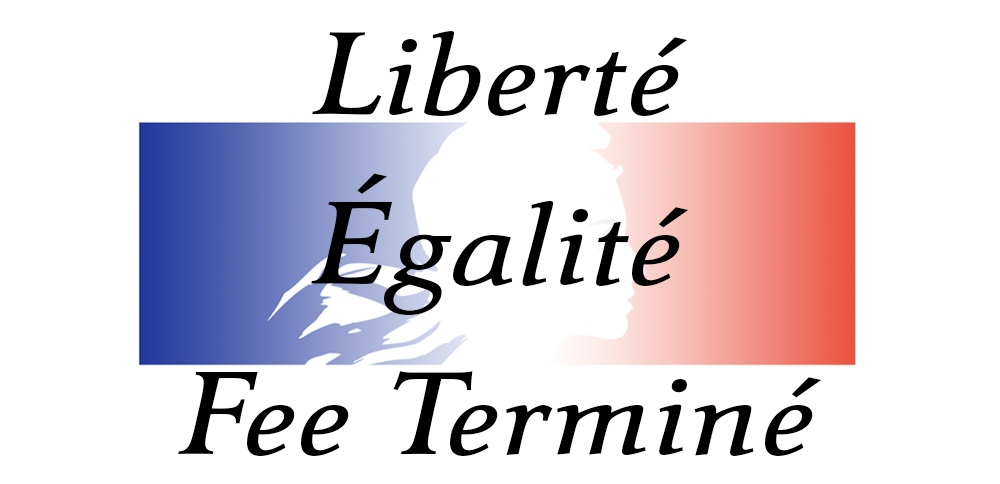Questions: France Télévisions will soon lose its license fee, so how will it then be financed? Will it become a fully commercial TV network? And if becomes fully commercial, will it be able to generate the 3.2 billion euro (U.S.$3.29 billion) it currently receives from the fee? And finally, what would its future look like? Would it merge with a commercial entity?
Catalyst: The French Senate has approved government plans to abolish the country’s television and radio license fee. France’s upper house followed the lead of the National Assembly, which voted last month to eliminate the fee. The Senate tally was 196 votes vs. 147 (out of 348 senators). It was voted on as part of an amendment to France’s finance bill for 2022.
In the Assembly, 170 French MPs voted in favor of the move and 57 opposed it (out of 577 total deputies), following a key campaign promise from re-elected presidential candidate Emmanuel Macron to abolish the country’s mandatory license fee. The 138 euro (U.S. $142) annual TV license fee has historically been paid by each of the 23 million TV households in France, but it will be scrapped in the autumn.
Consequences: The 138 euro annual fee raises 3.2 billion euro out of the 3.8 billion euro paid to public broadcasters in France. It provides the majority of revenues for France Télévisions, Radio France, and Arte. The remainder of their budgets is made up through advertising and other state subsidies.
While personnel at public France Télévisions and Radio France went on strike last June over the proposed scrapping, left-wing politicians from the NUPE (New Ecological and Social Popular Union) party alliance voted against the motion. According to MP Clémentine Autain it was a “highly political and dangerous measure.” Senator Laurent Lafon, centrist president of the culture committee, commented: “We agree to abolish the fee, the question is how we will finance public broadcasting tomorrow.”
Now the government plans to fund public broadcasting by allocating “a fraction” of VAT (sales tax) revenues, leaving about 3.7 billion euro per year for French TV.
However, the French Senate adopted the amendment with the proviso that this could only be a temporary measure lasting until December 31, 2024.
Bernard Ollagnier, president of the private association France Communication Culture and founder of the Audiovisuel Club of Paris, and who’s also a former VP of Rudder Finn in New York, emphasized “the fragility of the financing system put in place, since the VAT rates may vary downwards or that other budgetary emergencies might lead to a reduction of the share allocated to the public service, or that the VAT revenues would become strongly impacted during unforeseen crises such as the COVID-19 pandemic or a war close to us.”
France is following what seems to be a global trend of cutting or eliminating TV license fees, and follows moves taken in Israel, Canada, and The Netherlands, all of which eliminated license fees for their public broadcast systems over the years. The license fee for the U.K.’s BBC is scheduled to be abolished in 2027, while Japan’s public broadcaster NHK will see its license fee reduced by 10 percent this fall from the current 1,225 yen (U.S. $9.16) per month.












Why bother to do this at all if it’s only going to be until December 31, 2024? That is just political trickery to get people used to the idea and then let commercial interests take over or destroy public broadcasters completely.
This is Rupert Murdoch running the world and not elected governments. Are people that stupid they will let it happen?